Expressing disappointment professionally an essential skill effective communication. using formal informal approaches outlined this guide, can express disappointment maintaining positive relationships fostering cooperative environment. Remember choose words carefully, focus the issue .
 Use email express disappointment a work-related issue. you're expressing disappointment a boss coworker, email a great to voice concern a low-intensity format, also keeping digital record the event future problems occur. could send courteous reply you're turned for job opportunity, might increase chances .
Use email express disappointment a work-related issue. you're expressing disappointment a boss coworker, email a great to voice concern a low-intensity format, also keeping digital record the event future problems occur. could send courteous reply you're turned for job opportunity, might increase chances .
 Tips Expressing Disappointment Professionally. are additional tips help express disappointment professionally: 1. Specific Examples: expressing disappointment, provide specific examples the behavior situation hand. helps other person understand impact gives a chance reflect .
Tips Expressing Disappointment Professionally. are additional tips help express disappointment professionally: 1. Specific Examples: expressing disappointment, provide specific examples the behavior situation hand. helps other person understand impact gives a chance reflect .
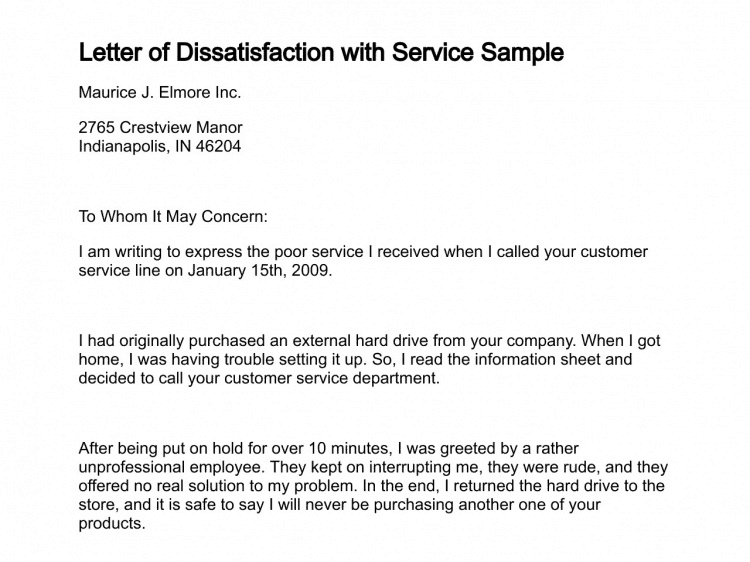 5. the timing: Expressing disappointment immediately not be appropriate; choose right moment address issue. Remember, expressing disappointment a normal part human interaction, doing in respectful constructive manner strengthens relationships fosters understanding.
5. the timing: Expressing disappointment immediately not be appropriate; choose right moment address issue. Remember, expressing disappointment a normal part human interaction, doing in respectful constructive manner strengthens relationships fosters understanding.
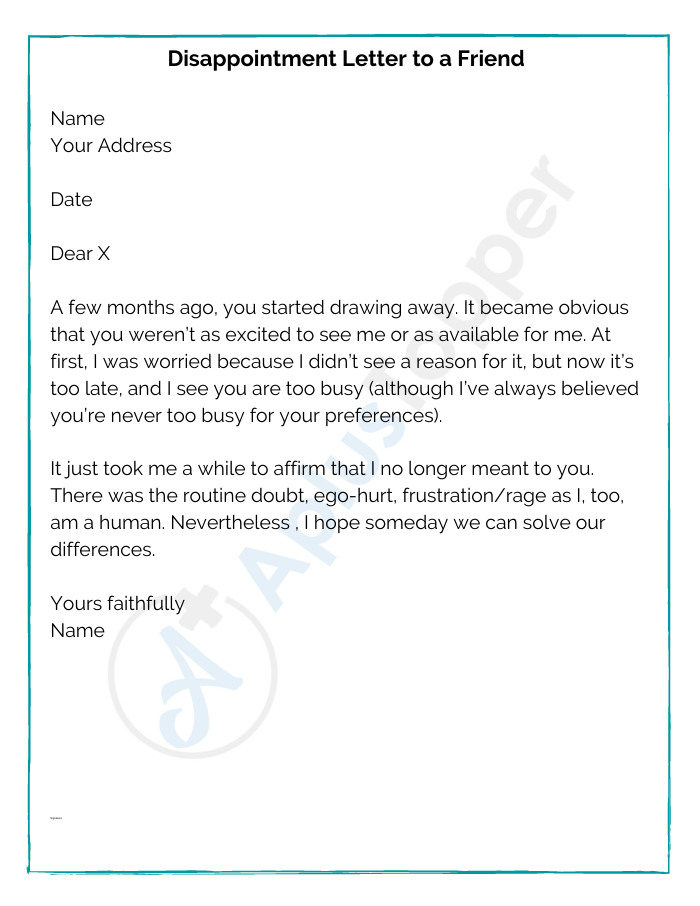 Expressing disappointment in professional context an essential skill can lead better communication improved outcomes. using thoughtful language focusing constructive dialogue, can convey feelings maintaining professionalism fostering positive work environment. Remember, goal not to .
Expressing disappointment in professional context an essential skill can lead better communication improved outcomes. using thoughtful language focusing constructive dialogue, can convey feelings maintaining professionalism fostering positive work environment. Remember, goal not to .
 Expressing disappointment professionally involves choosing right words, tone, approach. of placing blame pointing fingers, is important focus the issue hand provide constructive feedback. can to promote accountability encourage collaborative approach problem-solving.
Expressing disappointment professionally involves choosing right words, tone, approach. of placing blame pointing fingers, is important focus the issue hand provide constructive feedback. can to promote accountability encourage collaborative approach problem-solving.
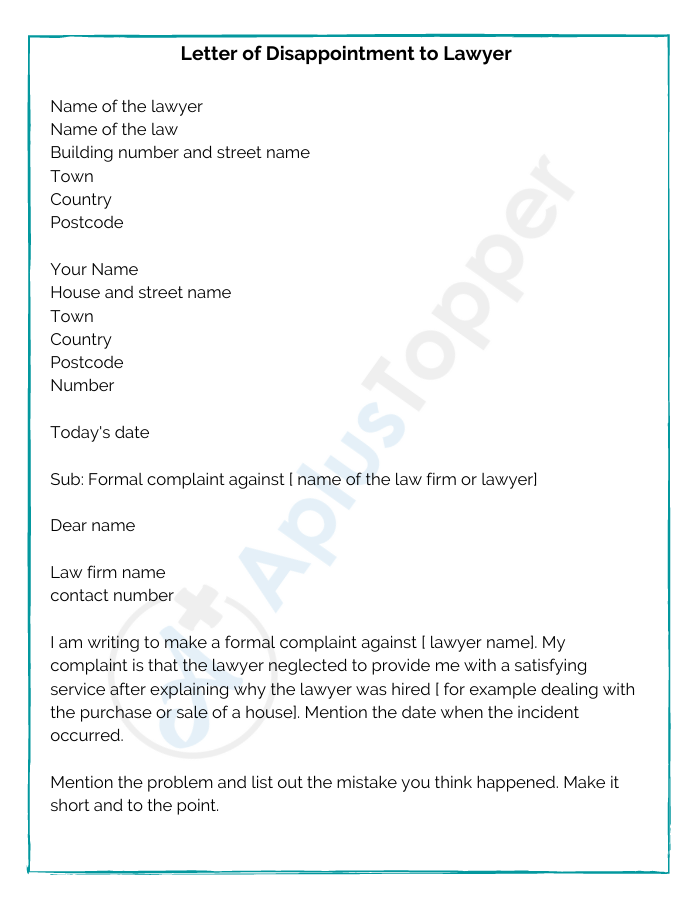 How to Express Disappointment Professionally Disappointment Due Missed Deadlines. can quite disappointing team members their deadlines, when project timeline critical. Here's professional to express disappointment: "I wanted discuss recent project deadlines.
How to Express Disappointment Professionally Disappointment Due Missed Deadlines. can quite disappointing team members their deadlines, when project timeline critical. Here's professional to express disappointment: "I wanted discuss recent project deadlines.
 In today's fast-paced digital world, effective communication key, in professional setting. you're addressing missed deadline, unmet expectation, a lack response a colleague client, ability express disappointment professionally maintain relationships still conveying feelings.
In today's fast-paced digital world, effective communication key, in professional setting. you're addressing missed deadline, unmet expectation, a lack response a colleague client, ability express disappointment professionally maintain relationships still conveying feelings.
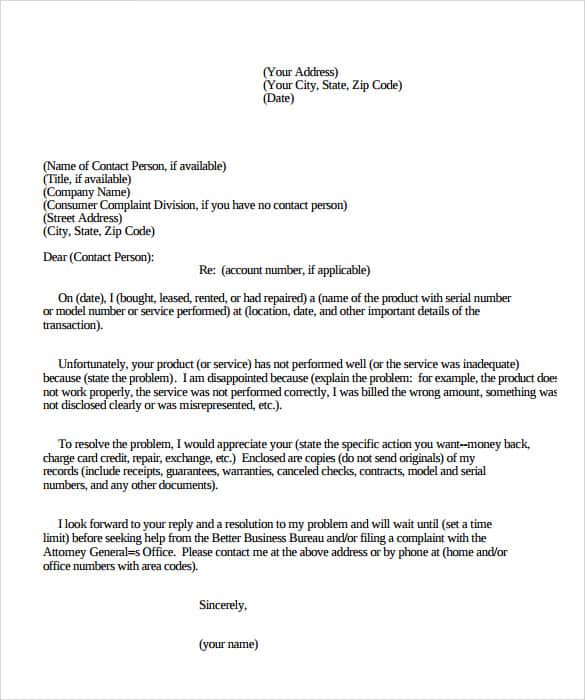 The Art Expressing Disappointment Grace. There's delicate balance expressing disappointment maintaining professional tone. Here's comprehensive guide help master art: 1. Acknowledge Situation Express Gratitude. Start email acknowledging situation the effort made.
The Art Expressing Disappointment Grace. There's delicate balance expressing disappointment maintaining professional tone. Here's comprehensive guide help master art: 1. Acknowledge Situation Express Gratitude. Start email acknowledging situation the effort made.
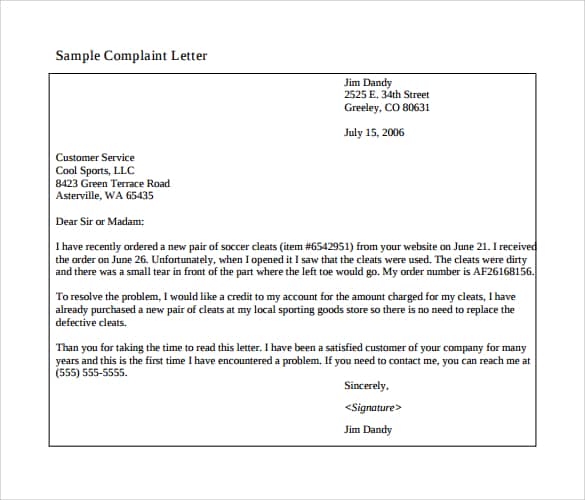 In comprehensive guide, will explore effective strategies tips expressing disappointment in an email professionally. Understanding Importance Professional Communication diving the specifics how to convey disappointment in an email, is essential recognize role professional communication the .
In comprehensive guide, will explore effective strategies tips expressing disappointment in an email professionally. Understanding Importance Professional Communication diving the specifics how to convey disappointment in an email, is essential recognize role professional communication the .
 How to Be Professional About Expressing Disappointment | Disappointment
How to Be Professional About Expressing Disappointment | Disappointment

